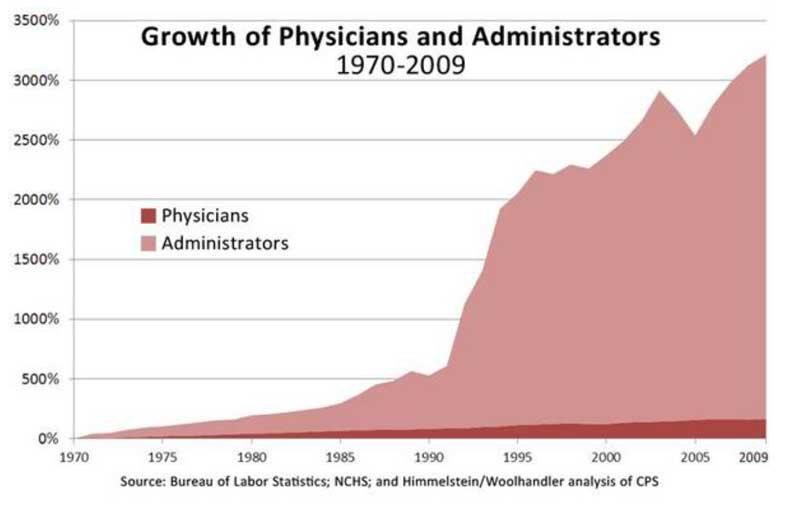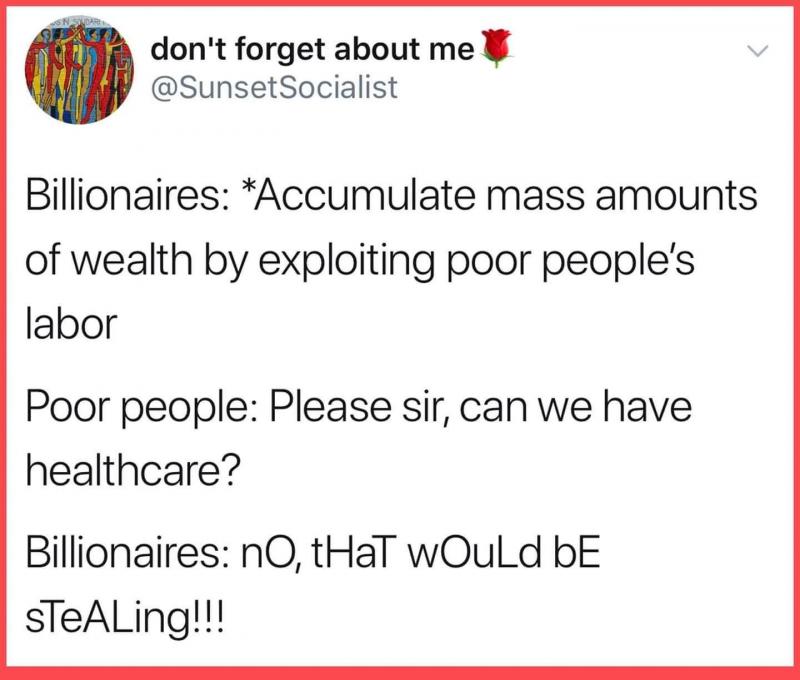- Replies 7
- Views 400
- Created
- Last Reply
Top Posters In This Topic
-
XC.Morrison 2 posts
-
motonoggin 1 post
-
washedupmxer 1 post
-
awful knawful 1 post
Popular Days
Featured Replies
Recently Browsing 0
- No registered users viewing this page.










A liberal with some common sense.
https://www.nytimes.com/2019/03/04/opinion/medicare-for-all.html
Remember when passing Obamacare they said Cadillac plans needed to be taxed so they would be less prevalent all because that good of HI promoted over use.
First, patients would have to transition. Right now, roughly 181 millionAmericans receive health insurance through employers. About 70 percent of these people say they are happy with their coverage. Proponents of Medicare for all are saying: We’re going to take away the insurance you have and are happy with, and we’re going to replace it with a new system you haven’t experienced yet because, trust us, we’re the federal government!
Once they learn that Medicare for all would eliminate private insurance and raise taxes, only 37 percent of Americans support it, according to a Kaiser Family Foundation survey. In 2010, Republicans scored an enormous electoral victory because voters feared that the government was taking over their health care, even though Obamacare really didn’t. Now, under Medicare for all, it really would. This seems like an excellent way to re-elect Donald Trump.
The insurance companies would have to transition. Lots of people work for and serve this industry. All-inclusive public health care would destroy this industry beyond recognition, and those people would have to find other work.
Hospitals would have to transition. In many small cities the local health care system is the biggest employer. As Reihan Salam points out in The Atlantic, the United States has far more fully stocked hospitals relative to its population and much lower bed occupancy than comparable European nations have.
If you live in a place where the health system is a big employer, think what happens when that sector takes a sudden, huge pay cut. The ripple effects would be immediate — like a small deindustrialization.
Doctors would have to transition. Salary losses would differ by specialty, but imagine you came out of med school saddled with debt and learn that your payments are going to be down by, say 30 percent. Similar shocks would ripple to other health care workers.
The American people would have to transition. Americans are more decentralized, diverse and individualistic than people in the nations with single-payer systems. They are more suspicious of centralized government and tend to dislike higher taxes.
Finally, patient expectations would have to transition. Today, getting a doctor’s appointment is annoying but not onerous. In Canada, the median wait time between seeing a general practitioner and a specialist is 8.7 weeks; between a G.P. referral and an orthopedic surgeon, it’s nine months. That would take some adjusting.
If America were a blank slate, Medicare for all would be a plausible policy, but we are not a blank slate. At this point, the easiest way to get to a single-payer system would probably be to go back to 1776 and undo that whole American Revolution thing.
Edited by Highmark